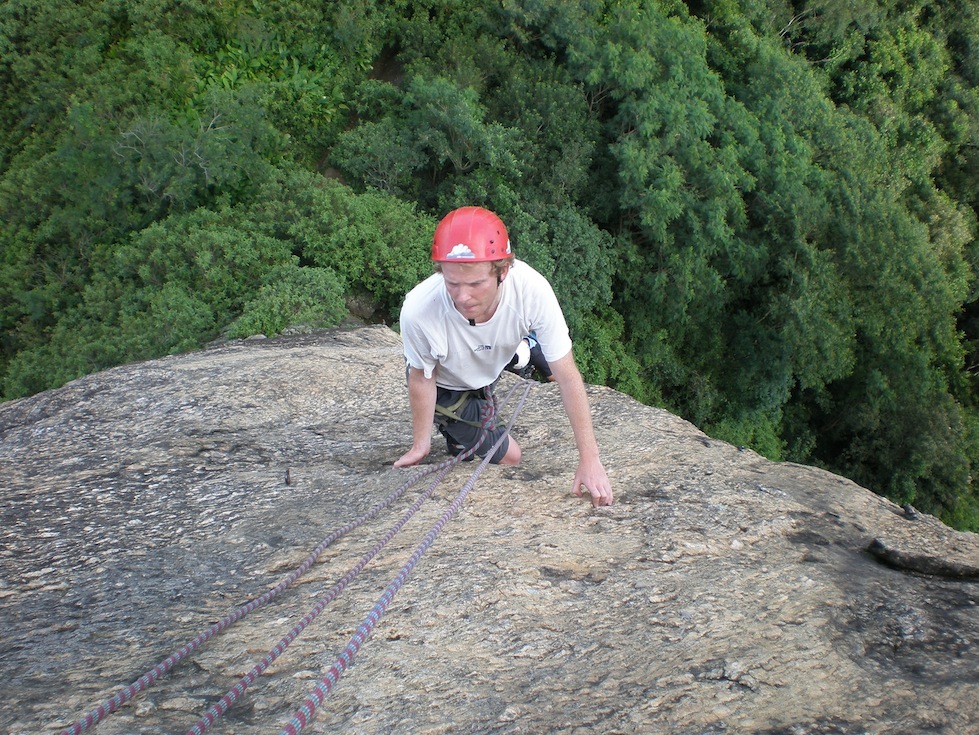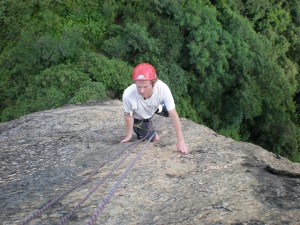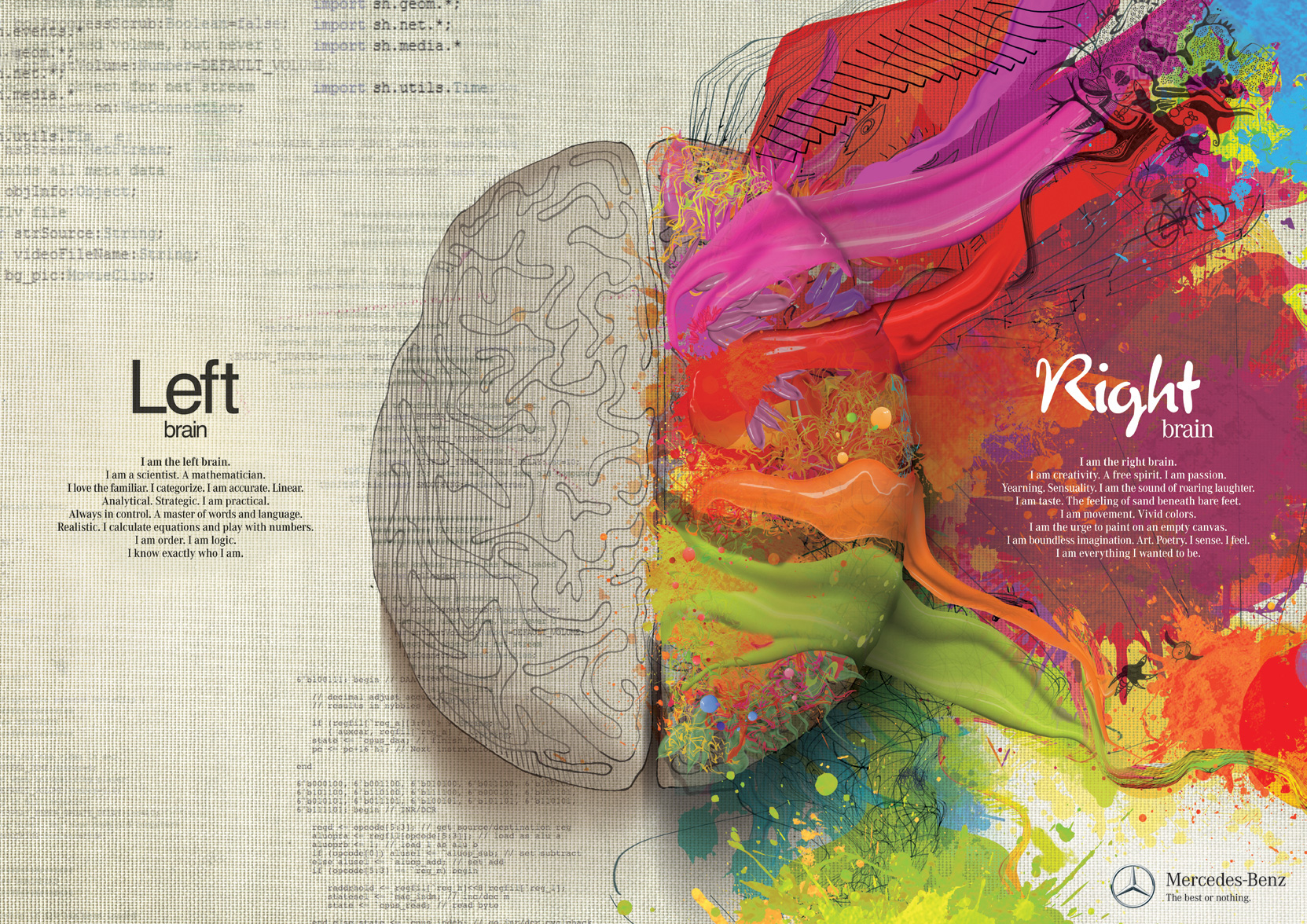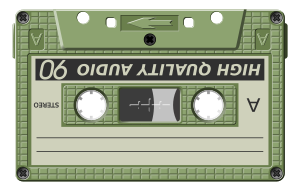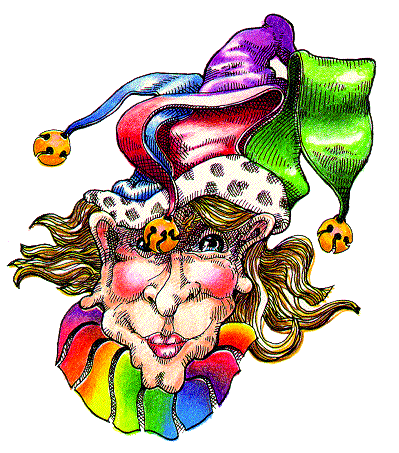I used to be afraid of heights. Then a friend of a friend invited me rock climbing. Why not? That was ten years ago. I’m no longer afraid of heights. I’ve learnt a lot about climbing and also a lot about myself in that time. Many of these lessons apply to life as well:
Month: May 2012
The creativity conundrum
Creative and creativity are loaded and misused terms. If you had asked me six months ago what they meant I would have quoted Alice from Dilbert:
I’ve come a long way in my understanding since then. However, the science is still immature and a number of questions remain incompletely answered: Who has it? Can it be developed? How can organisations use it to innovate and compete? And what exactly does it mean? Continue reading The creativity conundrum
Musical memories
Confirmation Bias
Welcome to Part 2 in the series about cognitive biases. Critical thinking hats on…
- Confirmation bias: the tendency to gather or interpret information that confirms our existing lines of thinking.
For example, I enjoy travelling and collect quotes and arguments for travelling (previous post) that ignore the anti-travelling view. (Is there one?!) This is a blind spot for my critical thinking, albeit one that I recognise.
It’s easy to fall into the trap of cherry picking relevant information when time / resources are tight or when we have already settled on an answer. However, we may regret discarding information in the future, particularly if our decisions are held up to scrutiny.
What can we do to minimise this bias?
One way is to deliberately seek out opposing views. Abraham Lincoln famously countered confirmation bias by forming his cabinet with those that publicly disagreed with him. Bold!
Creativity expert Roger Von Oech goes further and suggests we ask a fool to provide a different perspective and challenge our assumptions to stimulate our thinking.
BTW – If you are tempted into thinking this is all a bit fluffy then you may have succumbed to a confirmation bias about creativity experts; Von Oech has a Ph.D. from Stanford University and has provided creativity consulting to Apple, Disney, Sony and Intel. Continue reading Confirmation Bias
